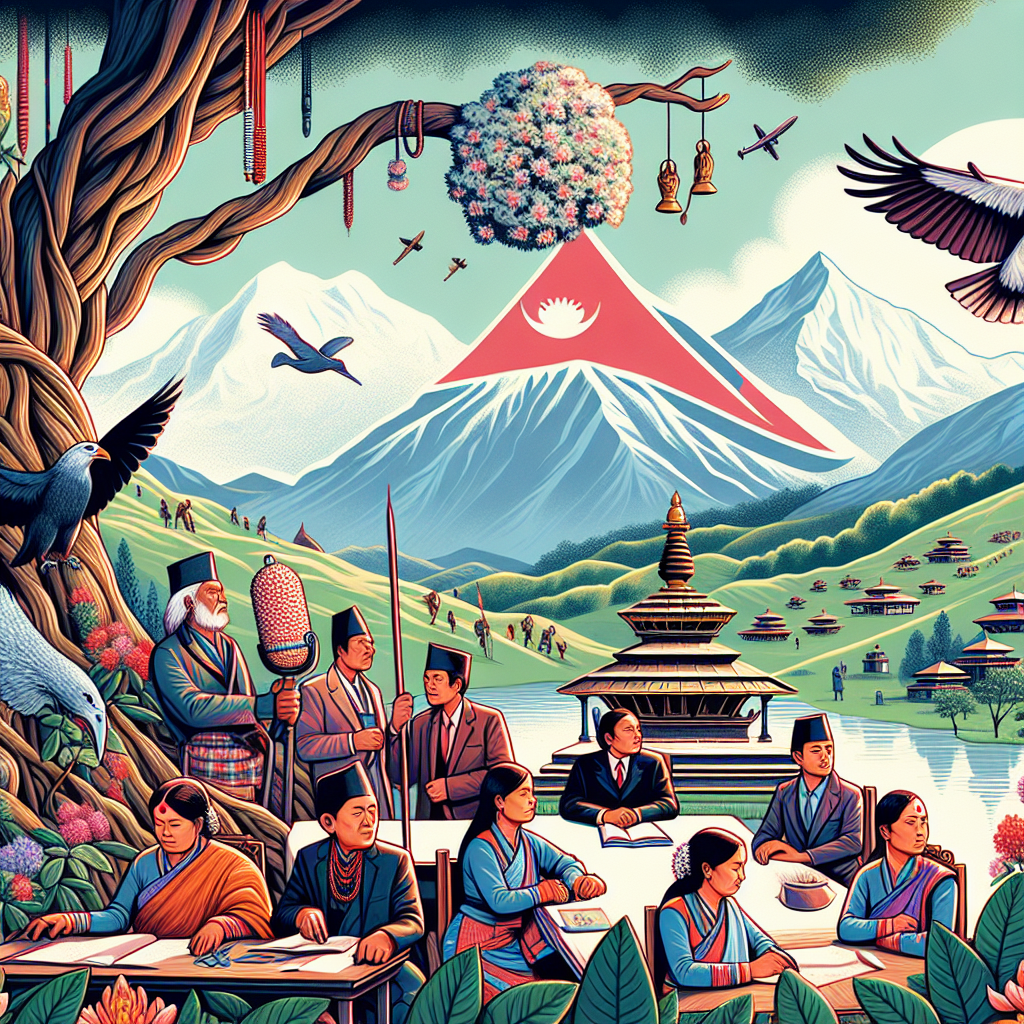Nepal has taken a significant step toward accountability and reconciliation with the adoption of new transitional justice legislation, according to UN Human Rights Chief Volker Türk. This development comes 18 years after the end of the decade-long civil conflict in Nepal.
The newly passed amendment bill, officially titled the Investigation of Enforced Disappeared Persons, Truth, and Reconciliation Commission Act, aims to address serious human rights violations committed by all parties during Nepal’s civil war. This legislation will empower a commission to oversee mediation, truth-seeking, and to recommend reparations and support for victims and their families.
The civil war, which raged from 1996 to 2006 between the Royal Nepal Army and the Communist Party of Nepal, resulted in the deaths of 13,000 people and left 1,300 missing. The UN Human Rights Office (OHCHR) documented widespread abuses during this period, including unlawful killings, enforced disappearances, torture, arbitrary arrests, sexual violence, war crimes, and crimes against humanity.
The conflict concluded with a peace agreement that abolished the monarchy and established a federal democratic republic in Nepal. This agreement committed all parties to truth-telling and ensuring justice and reparations for victims.
In his remarks, Mr. Türk praised Nepal for becoming “a regional and global example of a successful peaceful transition towards democratic, constitutional, and federal governance.” He expressed his Office’s readiness to support Nepal in advancing this crucial phase of the peace process.
“Transitional justice is a powerful tool for breaking cycles of violence and impunity and offers a unique chance to address the deep-rooted inequalities and discrimination that led to the conflict,” Mr. Türk concluded.











